Britain has signed a trade continuity agreement with Switzerland to avoid disruption for thousands of businesses post-Brexit, less than 50 days before the UK is due to leave the EU.
The Department for International Trade said the agreement would maintain UK-Swiss trade under the preferential terms currently available to both countries through an EU free trade deal.
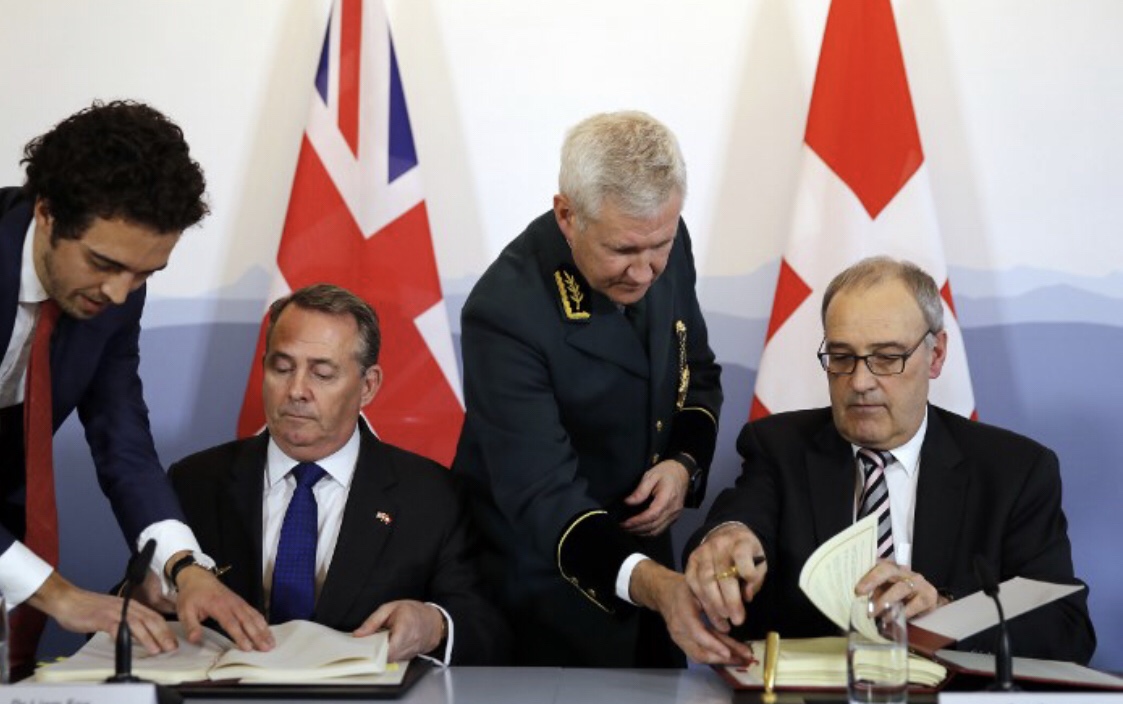
It comes as ministers rush to ensure the continuity of about 40 free trade deals held by the EU covering more than 70 countries, which Britain currently has access to via EU membership but will lose after Brexit.
Ministers have conceded in private meetings with business leaders that they will not be able to replace all of the deals before the Brexit deadline on 29 March, meaning a large proportion of UK exports could shift to World Trade Organization rules. This would mean higher border tariffs and extra costs for companies in Britain and abroad.
Japan has sought to extract hefty concessions from Britain before Brexit, while talks with many nations have been delayed by the lack of clarity over Britain’s future trading relationship with the EU.
The trade between Britain and the countries and regions covered by the EU free trade agreements amounts to about 14% of all UK goods imports and exports each year, worth as much as £117bn in 2017.
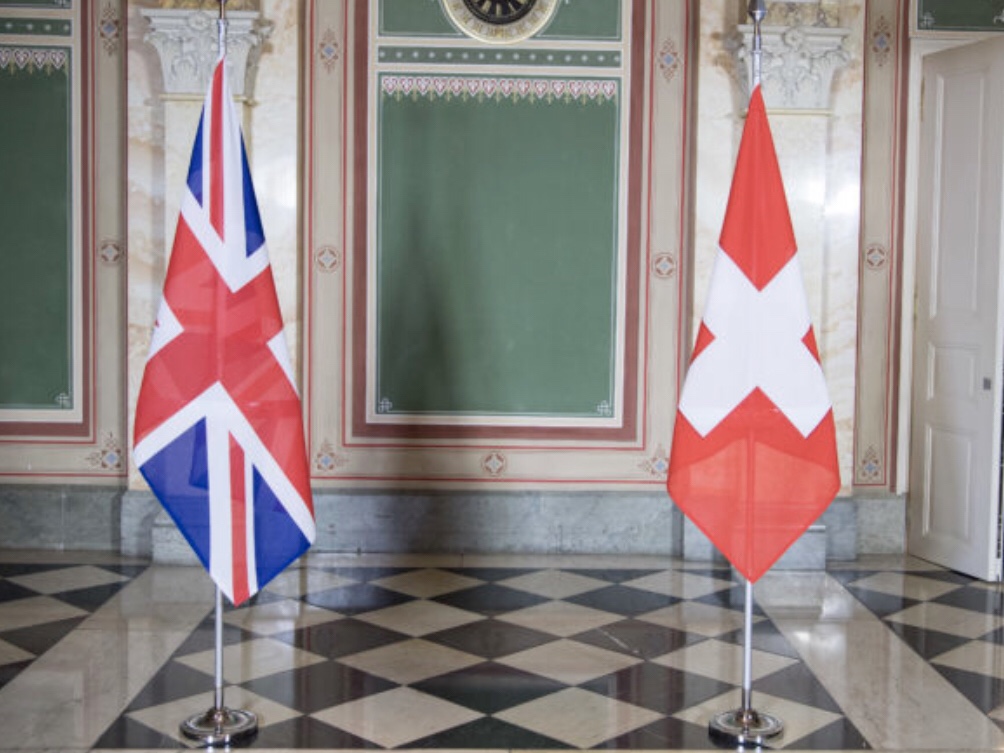
Signing the Swiss trade continuity deal will enable ministers to declare that progress is being made, but deals with major trading partners including Canada, South Korea and Japan remain to be signed.
Britain has agreed mutual recognition trade deals with Australia and New Zealand, as well as trade continuity agreements with Switzerland, Chile, the Faroe Islands and the eastern and southern Africa trading bloc.
Liam Fox, the international trade secretary, who signed the Swiss accord in Berne on Monday with a Swiss federal councillor, Guy Parmelin, said the deal was of “huge economic importance” to Britain and would benefit 15,000 UK exporters.
“Not only will this help to support jobs throughout the UK but it will also be a solid foundation for us to build an even stronger trading relationship with Switzerland as we leave the EU,” Fox said.
The deal simplifies trade and allows businesses in both countries to continue trading freely after Brexit without any additional tariffs, as is currently the case as part of EU membership.
A spokesperson for the Department for International Trade said: “Our priority is to avoid disruption to our global trading relationships as we leave the European Union and we are seeking continuity for existing free trade agreements.”
Source: The Guardian
Best Countries for Women, in 2019 (of 80 countries)
1.??Sweden
2.??Denmark
3.??Canada
4.??Norway
5.??Netherlands
6.??Finland
7.??Switzerland
8.??Australia
9.??NZ
10.??Germany
—
13.??UK
14.??France
16.??US
40.??Brazil
57.??India
70.??Pakistan
80.??Myanmar

(US News & World Report)
Yesterday I was Key Note Speaker at the Spare Parts Business Forum 2019 in Stockholm.

This is an excellent annual event organized by Copperberg.
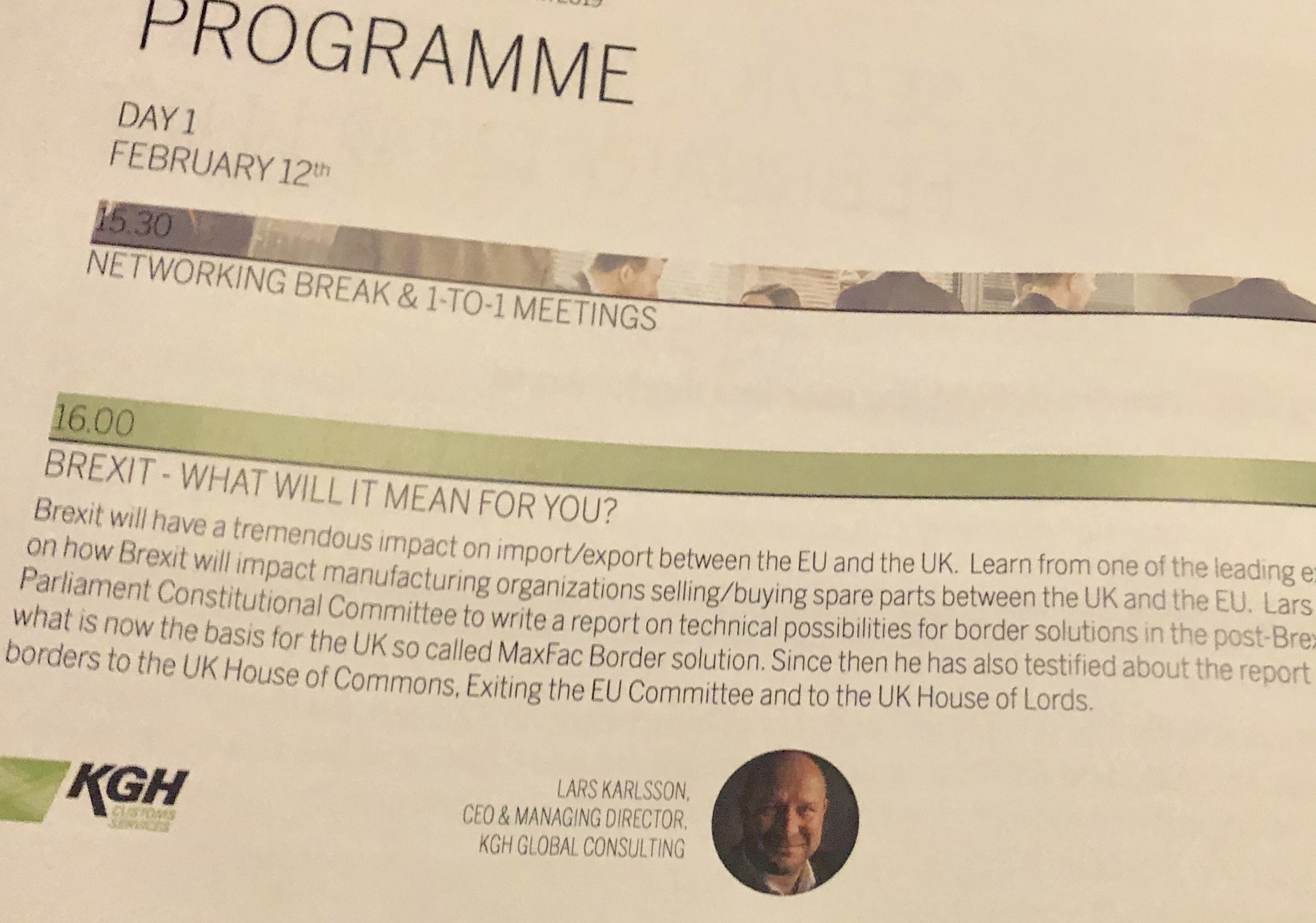
I spoke about Brexit – what impact Brexit may have for european manufacturing industry and how companies and how companies can prepare themselves to handle the necessary changes that will be a result of Braxit, deal or no-deal.
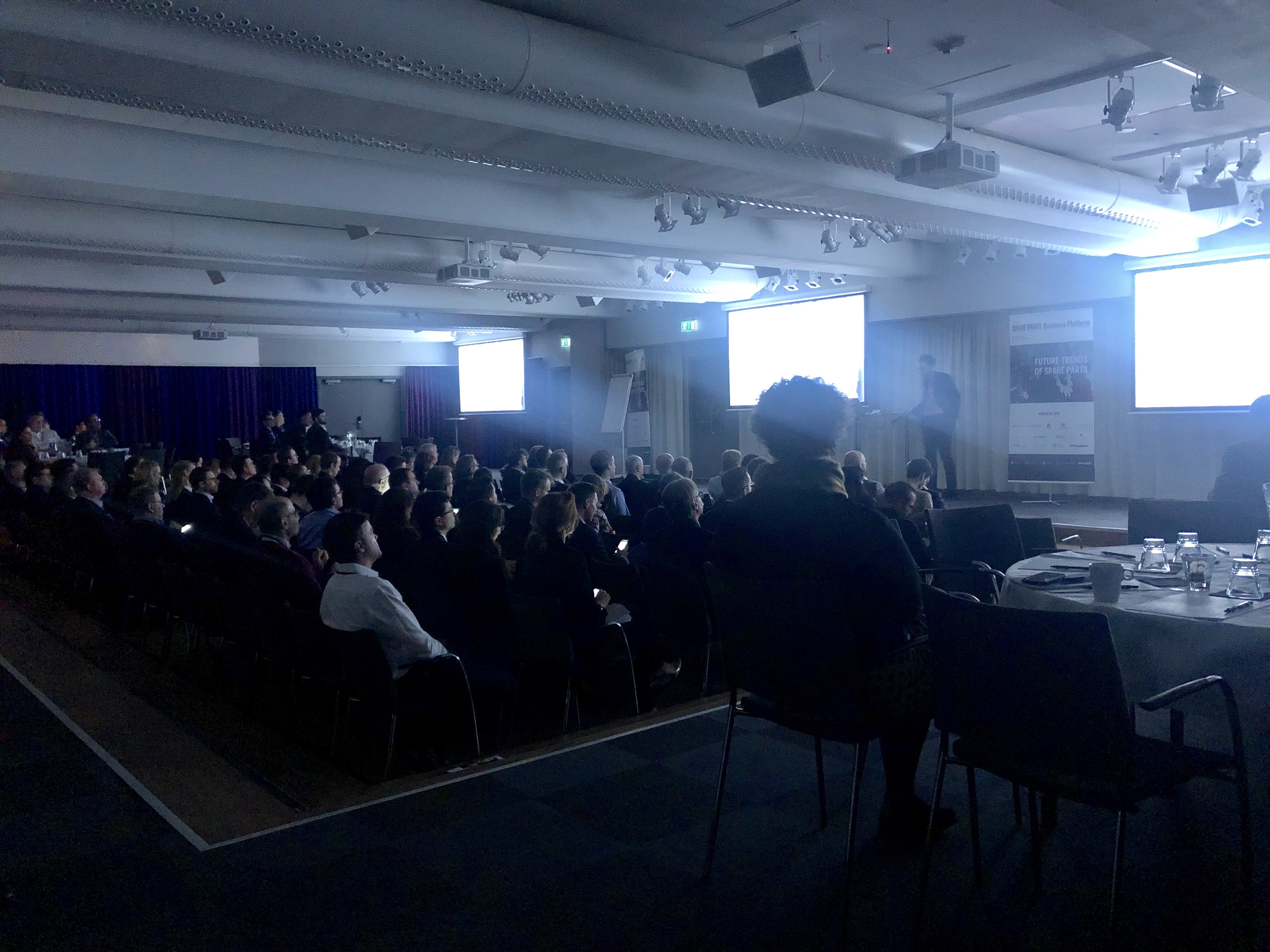
The other Key Note yesyerday was Jonas Kjellberg, Kjellberg is an entrepreneurial guru, with a background as founder and woth leading roles in companies like; Skype, Zalando, iCloud, Kinnevik and many others. He is also lecturer at Stanford University and Stockholm School of Economics. Great speech.
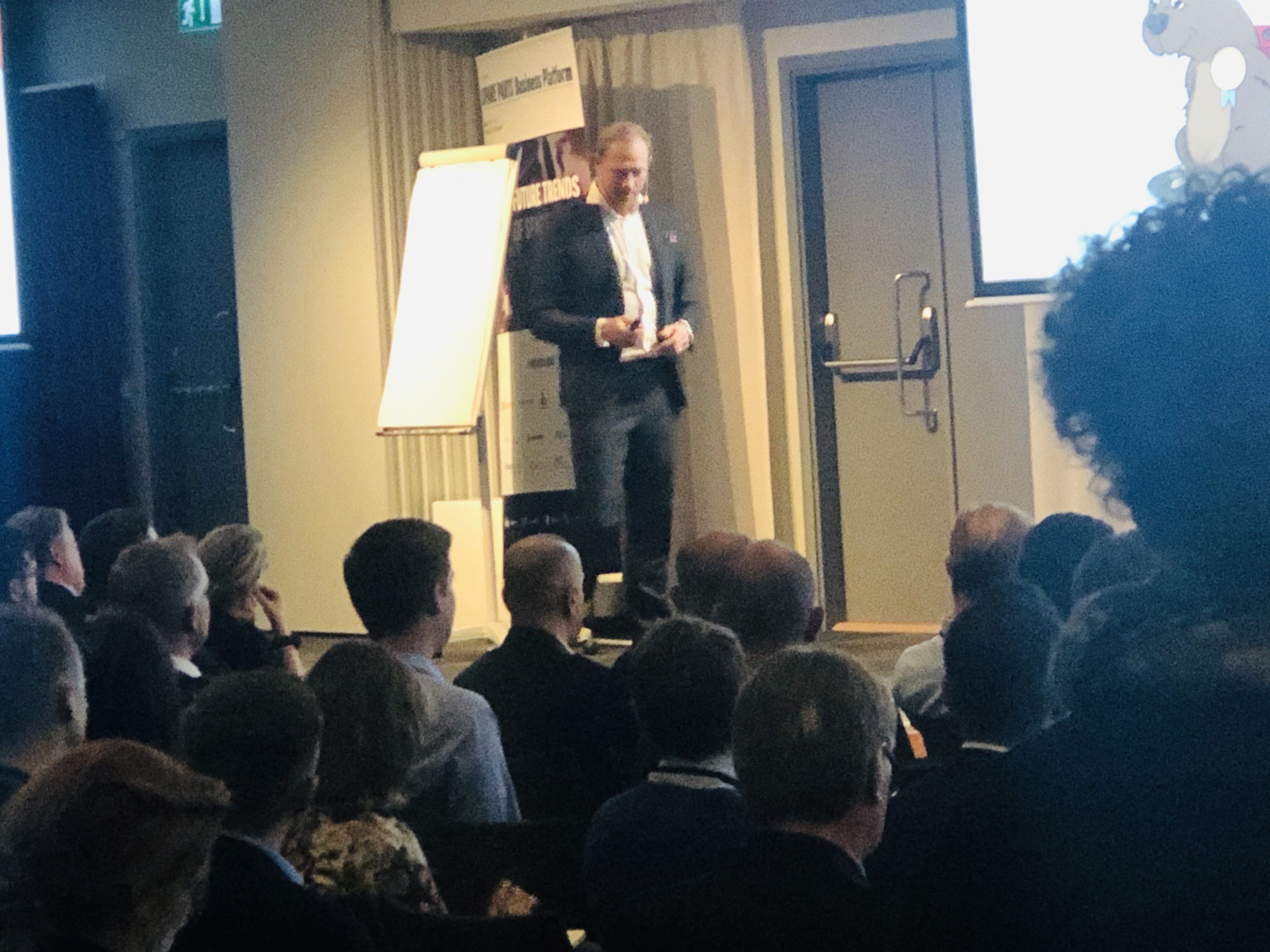
Copperberg is a leading business event organizer and the organization as well as the networking at this confernce was superb.
https://www.larskarlsson.com/wp-content/uploads/2019/02/img_7855.movCool opening of the event. Don’t miss this conference next year.






You must be logged in to post a comment.